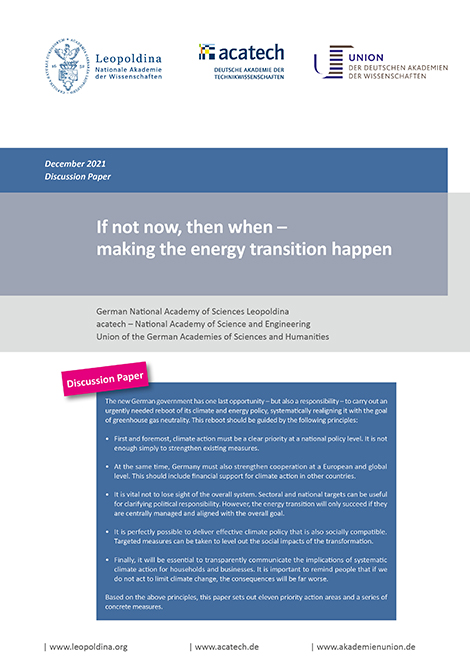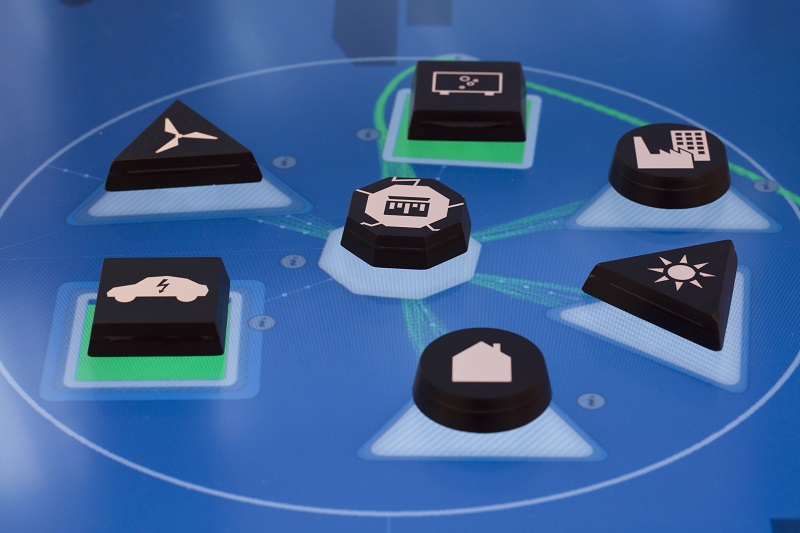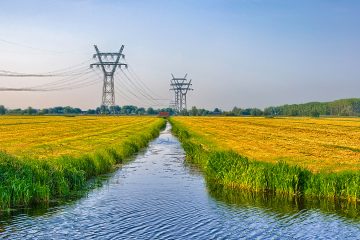If Not Now, Then When – Making the Energy Transition Happen
The next four years are critical – time is running out, but we still have one last chance. If the new German government is too slow to make the key decisions, it will be almost impossible to meet Germany’s climate targets for 2030 and 2045. But if it recognises that the new parliament offers an opportunity for a fundamental, groundbreaking change of course, it can bring urgently needed momentum to climate and energy policy and help to prevent the irreversible impacts of climate change.
In the discussion paper “If not now, then when – making the energy transition happen”, the Academies’ Project ESYS presents a summary of eleven priority action areas for this energy policy reboot.
The reforms should be guided by the following principles:
- First and foremost, climate action must be a clear priority at a national policy level. It is not enough simply to strengthen existing measures.
- At the same time, Germany must also strengthen cooperation at a European and global level. This should include financial support for climate action in other countries.
- It is vital not to lose sight of the overall system. Sectoral and national targets can be useful for clarifying political responsibility. However, the energy transition will only succeed if they are centrally managed and aligned with the overall goal.
- It is perfectly possible to deliver effective climate policy that is also socially compatible. Targeted measures can be taken to level out the social impacts of the transformation.
- Finally, it will be essential to transparently communicate the implications of systematic climate action for households and businesses. It is important to remind people that if we do not act to limit climate change, the consequences will be far worse.
Based on the above principles, this paper sets out eleven priority action areas and a series of concrete measures.
Bett, Andreas W./ Erlach, Berit/ Glotzbach, Ulrich/ Haucap, Justus/ Henning, Hans-Martin/ Kühling, Jürgen/ Lapac, Anja/ Matthies, Ellen/ Pittel, Karen/ Ragwitz, Mario/ Renn, Jürgen/ Sauer, Dirk Uwe/ Schmidt, Christoph M./ Spiecker genannt Döhmann, Indra/ Staiß, Frithjof/ Seiler, Annika / Stephanos, Cyril/ Umbach, Eberhard/ Weidlich, Anke: “If not now, then when – making the energy transition happen” (Discussion Paper), Academies’ Project “Energy Systems of the Future” (ESYS), 2021, https://doi.org/10.48669/ESYS_2021-2




